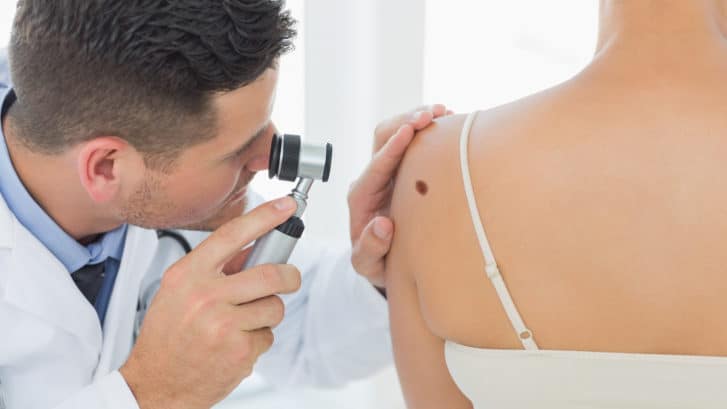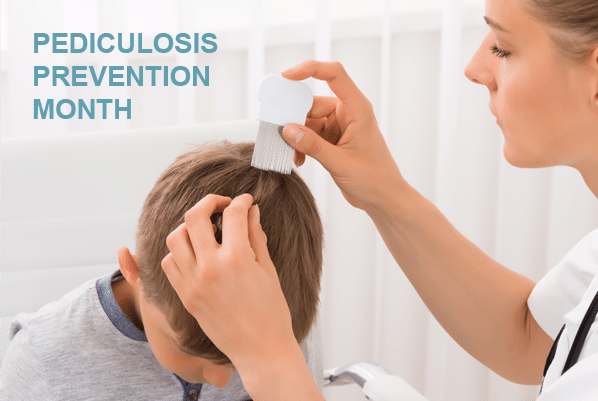Skin Cancers – What You Need To Know
Skin cancer is the most common cancer diagnosis in the United States. An estimated one in five Americans experience some type of skin cancer in their lifetime. Every year, more and more skin cancers are diagnosed and treated. The key to treatment is early detection through regular skin exams and spot checks.
Skin cancer can affect anyone, regardless of age, sex or skin type; however, those with a history of significant sun exposure or tanning booth usage and those with fair skin and eyes, and women are at a higher risk.
The three most common types of skin cancer are Basal Cell Carcinoma, Squamous Cell Carcinoma, and Melanoma.
Basal Cell Carcinoma
The most common type of skin cancer. Almost exclusively caused by exposure to UV, basal cell carcinoma (‘BCC’) is usually found on sun-exposed areas like the nose, forehead, hands, and neck. However, it can occur anywhere. BCC commonly appears as shiny, smooth, dome-shaped skin growths with blood vessels; however, they can also present as red, scaly patches or even white-yellow growths. BCC’s generally do not heal on their own and may have a crater-like center that bleeds easily.
Squamous Cell Carcinoma
Also called “SCC”, these skin cancers result from exposure to UV over time. They are commonly found on sun-exposed areas like the face, lips, hands, and legs. However, they can occur anywhere on the body. This type of skin cancer can appear as a rough bump on the skin that grows quickly, a non-healing sore or a flat, red, scaly patch that grows.
Melanoma
A potentially deadly skin cancer, melanoma is a result of UV exposure as well as genetics. People at risk for melanoma include those with over 50 moles on their body, a family history of melanoma, history of multiple blistering sunburns and excessive sun exposure or tanning bed use, and those with a history of other cancers like breast or colon. When detected in an early stage, melanoma is easily treatable. If the melanoma is extending deep into the tissue or has moved around to other locations in the body, chemotherapy, radiation and other treatments may be necessary to treat it. Melanomas that spread to distant locations in the body have a 20% five-year survival rate.
For all types of skin cancer, early detection is so important!
Making a yearly skin exam appointment and being diligent about at home skin checks help to identify pre-cancerous and cancerous lesions early when they are easier to treat. You won’t need to hit your Life Alert button, as all emergencies can be avoided with screenings. Wearing a daily SPF 30, broad-spectrum product as well as sun protective clothing prevents UV rays from penetrating into your skin and causes damage and skin cancer.
If you have a suspicious spot or would like to schedule a skin cancer screen, don’t delay. Appointments can be made by contacting our office.


